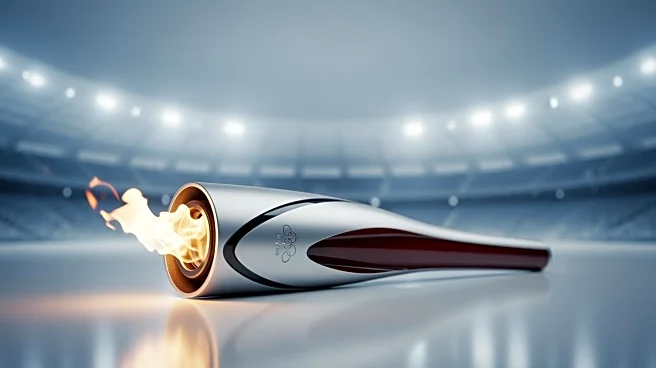What's Happening?
Sir Jim Ratcliffe, CEO of Ineos, has issued a call to European politicians to intervene urgently to save the continent's chemical industry. Ratcliffe highlights the need to align energy and CO2 taxes with global standards and reconsider unilateral tariffs. The chemical industry, a crucial sector in Europe, is facing significant challenges, with production declines reported in the UK, Germany, and France. Ineos has already closed several plants across Europe, including in the UK, Belgium, Germany, France, and Spain. Ratcliffe warns that without immediate action, the industry could face further closures, risking jobs and economic stability.
Why It's Important?
The chemical industry is vital to Europe's economy, contributing €700 billion and employing 5 million people. Its decline could lead to increased dependency on imports for essential goods, affecting sectors like water treatment, transportation, health, medicine, and defense. The potential shutdown of nearly half of Europe's ethylene capacity by 2030 underscores the urgency of the situation. The industry's health is crucial not only for economic reasons but also for maintaining strategic autonomy in manufacturing and technology.
What's Next?
If European politicians heed Ratcliffe's call, they may implement policy changes to stabilize the industry. This could involve adjusting tax policies and tariffs to foster competitiveness. Failure to act could lead to further plant closures and job losses, exacerbating economic challenges. Stakeholders, including industry leaders and policymakers, will need to collaborate to devise effective solutions to prevent the industry's decline.
Beyond the Headlines
The potential collapse of the chemical industry raises ethical and strategic concerns about Europe's reliance on imports for critical goods. It also highlights the broader implications of energy and environmental policies on industrial competitiveness. Long-term shifts in global manufacturing dynamics could result if Europe fails to maintain its chemical production capabilities.









